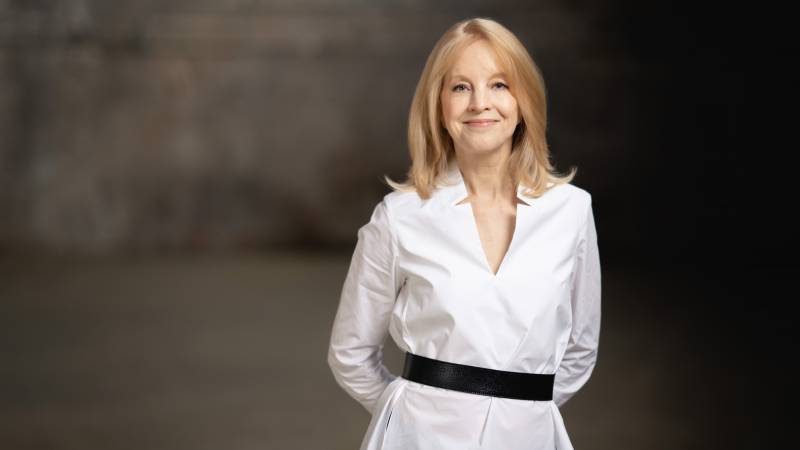Think of Maria Schneider as a renegade botanist who’s spent more than three decades patiently cultivating a plant that bursts into spectacular bloom when placed in just the right environment.
A composer who often draws inspiration from the natural world, particularly the avian realm, she leads the Maria Schneider Orchestra, one of the era’s most subtle, resourceful and celebrated improvising ensembles. When transplanted to theaters and concert halls around the world, her 18-piece group produces a palette of luxuriantly lapidary textures unlike any other in the world.
Dormant for most of the past two years, Schneider’s orchestra arrives in the Bay Area for performances Saturday, March 26, at Stanford’s Bing Concert Hall and Sunday, March 27, at Sonoma State’s Green Music Center. The ensemble is fresh off of a revivifying run at New York City’s Birdland, “our first chance to play for a whole week since the pandemic,” she says, noting that the orchestra is still adjusting to the loss of pianist Frank Kimbrough, a 25-year member “and a foundation of the band.”
Kimbrough’s unexpected death in 2020 led to the orchestra’s accordion player, Gary Versace, switching to piano, while Schneider brought in French-born Julien Labro, a master of jazz, tango and classical music, as a new accordionist. Keeping the piano chair in the family, she knows that Versace is deeply versed in the band’s aesthetic, “listening, risk taking and supporting one another, allowing the music to change in the moment and respecting the composition,” Schneider says.


